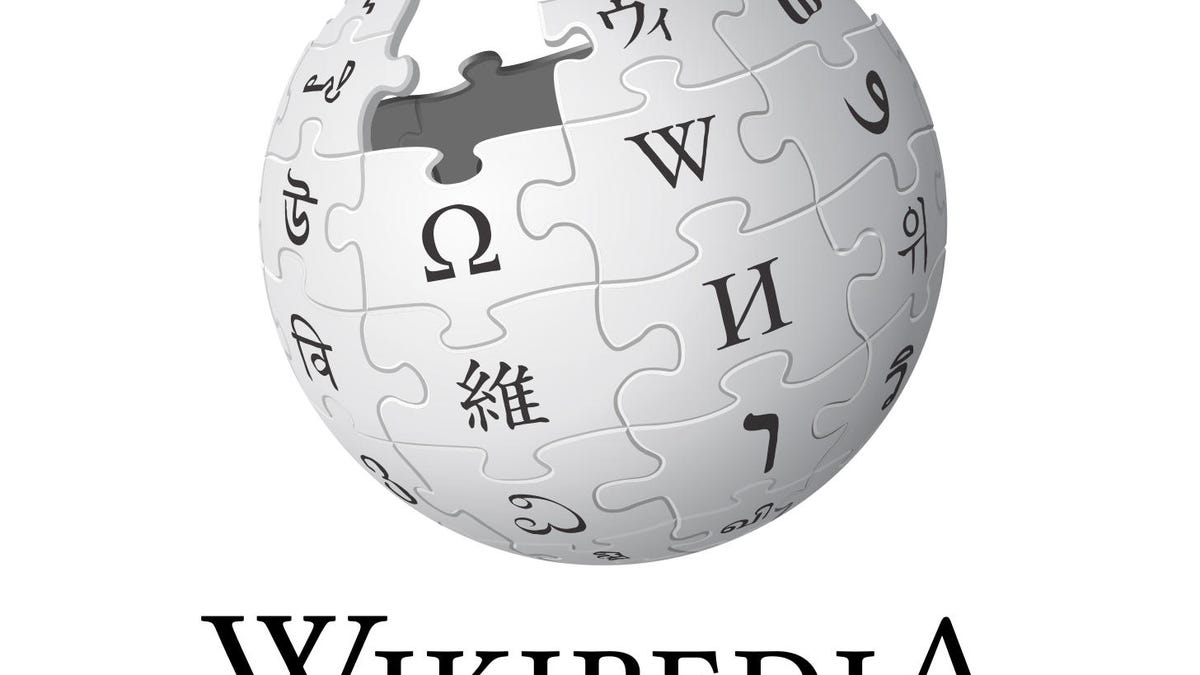Wikipedia ends data-free access for developing countries
Wikipedia Zero will shut down across 72 countries this year, ending zero-rated access to the online encyclopedia.

It was an altruistic mission: Offer free access to Wikipedia for people in developing countries, without requiring mobile data to access information.
But the Wikimedia Foundation has announced it will wrap up its Wikipedia Zero program this year, ending partnerships with 97 mobile carriers in 72 countries who waived data fees to access the online encyclopedia.
Launched in 2012, the program provided zero-rated Wikipedia access to more than 800 million people in countries such as Myanmar and Nepal. But the Wikimedia Foundation says increasing data costs, a "rapidly shifting" mobile industry and "low awareness" of Wikipedia outside America and Europe had seen a drop off in the program.
"To create all the world's knowledge, we need participation from the world," the Wikimedia Foundation said in a blog post. "However, we know that there are many barriers to making this vision a reality, data affordability being just one."
It's not the only complicating factor for Wikipedia Zero. The push for zero-rating in developing countries has made Wikipedia's public support of net neutrality tricky in the past. The concept of net neutrality dictates all internet traffic should be treated equally and that carriers shouldn't offer cheaper or faster access to particular sites online.
The Wikimedia Foundation says Wikipedia Zero is not a commercial program and does not involve the exchange of payment or granting exclusive rights to carriers.
Still, chief culture and talent officer at the Wikimedia Foundation Gayle Karen Young told The Washington Post in 2014 the organisation had a "complicated relationship" with net neutrality.
"We believe in net neutrality in America," she said. "Partnering with telecom companies in the near term, it blurs the net neutrality line in those areas. It fulfills our overall mission, though, which is providing free knowledge."
Batteries Not Included: The CNET team shares experiences that remind us why tech stuff is cool.
CNET Magazine: Check out a sampling of the stories you'll find in CNET's newsstand edition.

